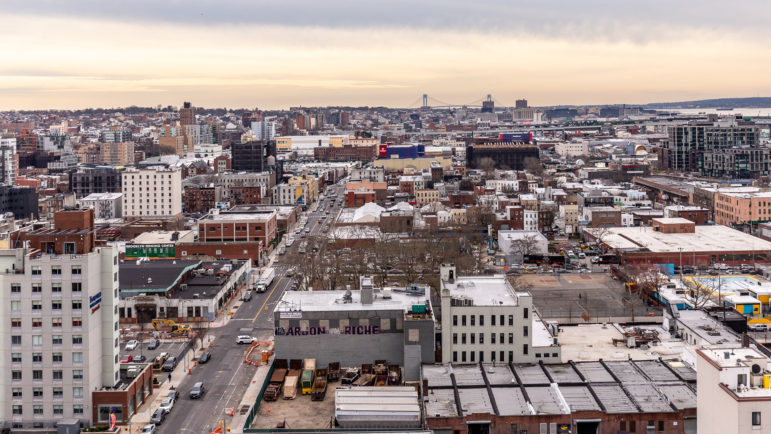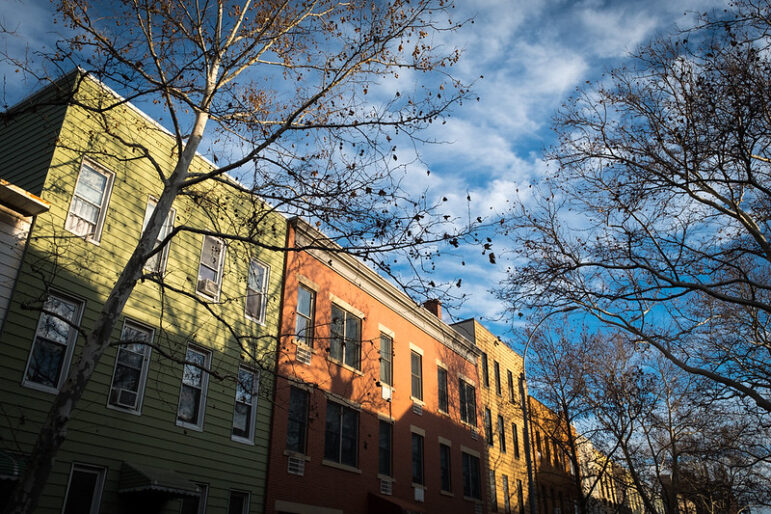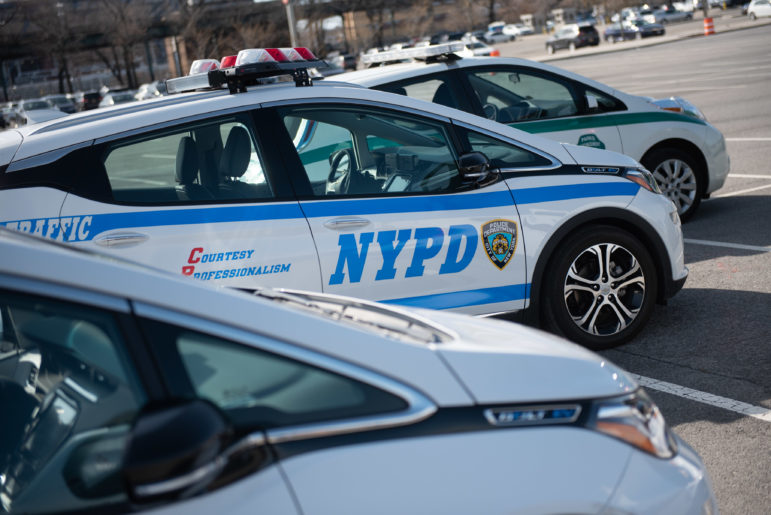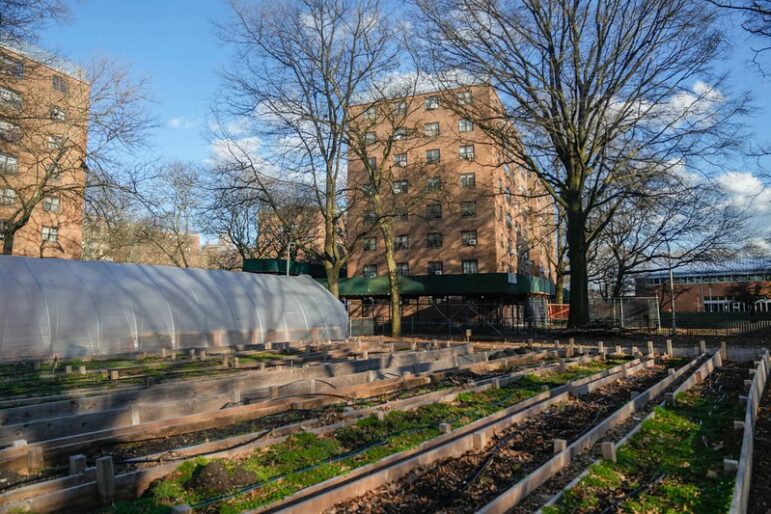Eight months after what federal prosecutors called the “largest single-day bribery takedown in the history of the Justice Department,” NYCHA is tightening requirements when awarding small contracts, among other reforms.
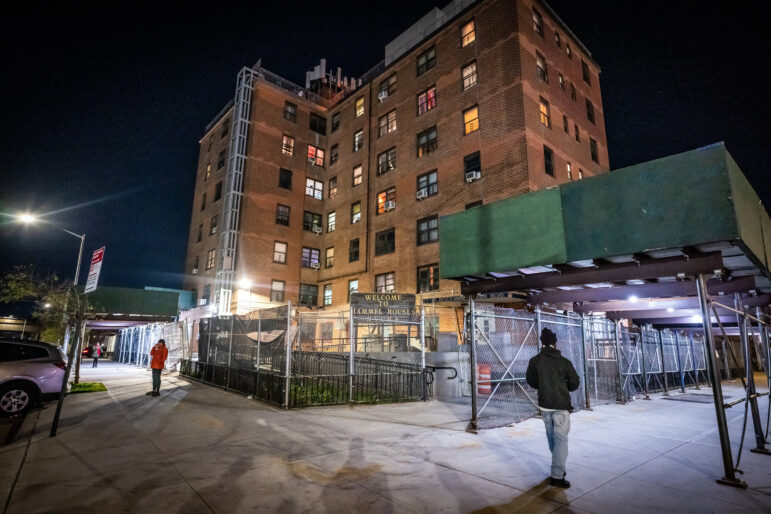
Ed Reed/Mayoral Photography Office
NYCHA’s Hammel Houses in Queens, one of dozens of public housing developments where staff allegedly took bribes in exchange for doling out work contracts.Eight months after what federal prosecutors called the “largest single-day bribery takedown in the history of the Justice Department” NYCHA is tightening requirements when awarding small contracts, an effort to root out abuse.
In February, 70 New York City Housing Authority (NYCHA) employees were charged for allegedly accepting bribes or “kickbacks” in exchange for awarding small-dollar contract work.
NYCHA gives property managers the green light to award no-bid contracts to third-party companies for fixes that cost no more than $10,000. The intention was to help speed up repair times: the housing authority needs $78.3 billion worth of capital repairs over the next 20 years.
However, the lack of oversight meant the process was rife for abuse. The Department of Investigation (DOI) alleges that the accused NYCHA employees pocketed approximately $2 million in bribes in exchange for handing out a total of $13 million in no-bid contracts.
On Sept. 30, NYCHA introduced the Micro Purchase Prequalification List (Micro PQL). To get on it, interested vendors are now required to participate in training and an integrity review—a prerequisite for NYCHA to award them contracts.
“The Micro Purchase Pre Qualification List for Responsibility will prove to be an invaluable tool for NYCHA,” Lisa Bova-Hiatt, the chief executive officer of NYCHA said in a statement. “It will allow for the ability to quickly and efficiently address the daily needs of our developments, buildings and residents while ensuring the integrity of the vendors we enlist in the process.”
A more stringent vetting process for small contract vendors was among the DOI’s 14 recommendations to NYCHA in the wake of the bribery scandal. The housing authority says it’s implemented 11 of those improvements so far; they include producing semi-annual audits of all micro-purchases, the first of which was published in April.
From Nov. 1, 2023 to April 30, 2024, NYCHA spent more than $9.2 million on micro purchases, the audit found. The average purchase order cost, according to NYCHA’s Compliance Department, was $7,865.25. Lehman Village Houses in East Harlem saw the highest average cost, at $8,633.87.
Along with the PQL, the housing authority implemented other measures such as annual mandatory staff training and monthly reviews on all small purchases. “Clear corruption prevention messaging” has also been added to both work spaces and as a pop up alert in the procurement software system used by NYCHA employees.
The full suite of recommendations is expected to be completed by February 2025.
To reach the reporter behind this story, contact Tatyana@citylimits.org. To reach the editor, contact Jeanmarie@citylimits.org
Want to republish this story? Find City Limits’ reprint policy here.


